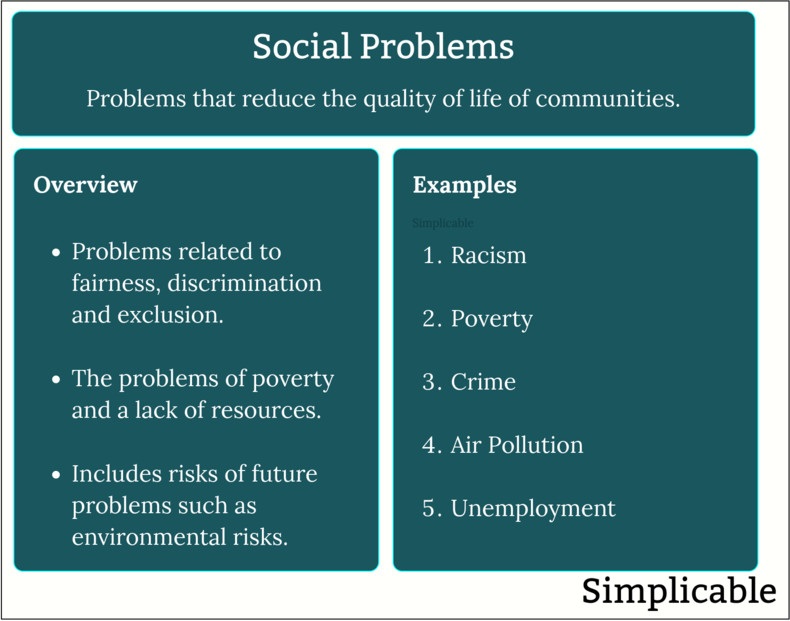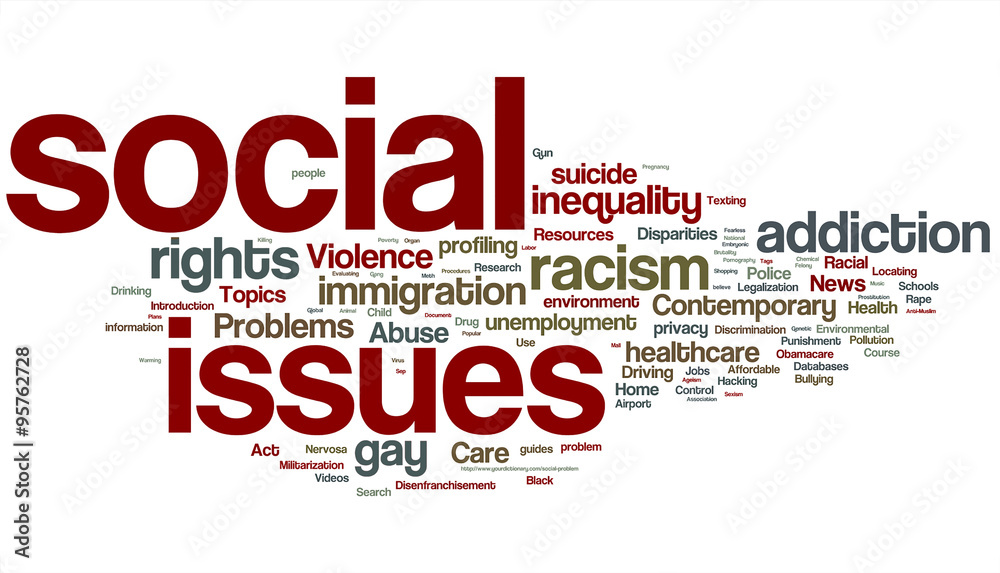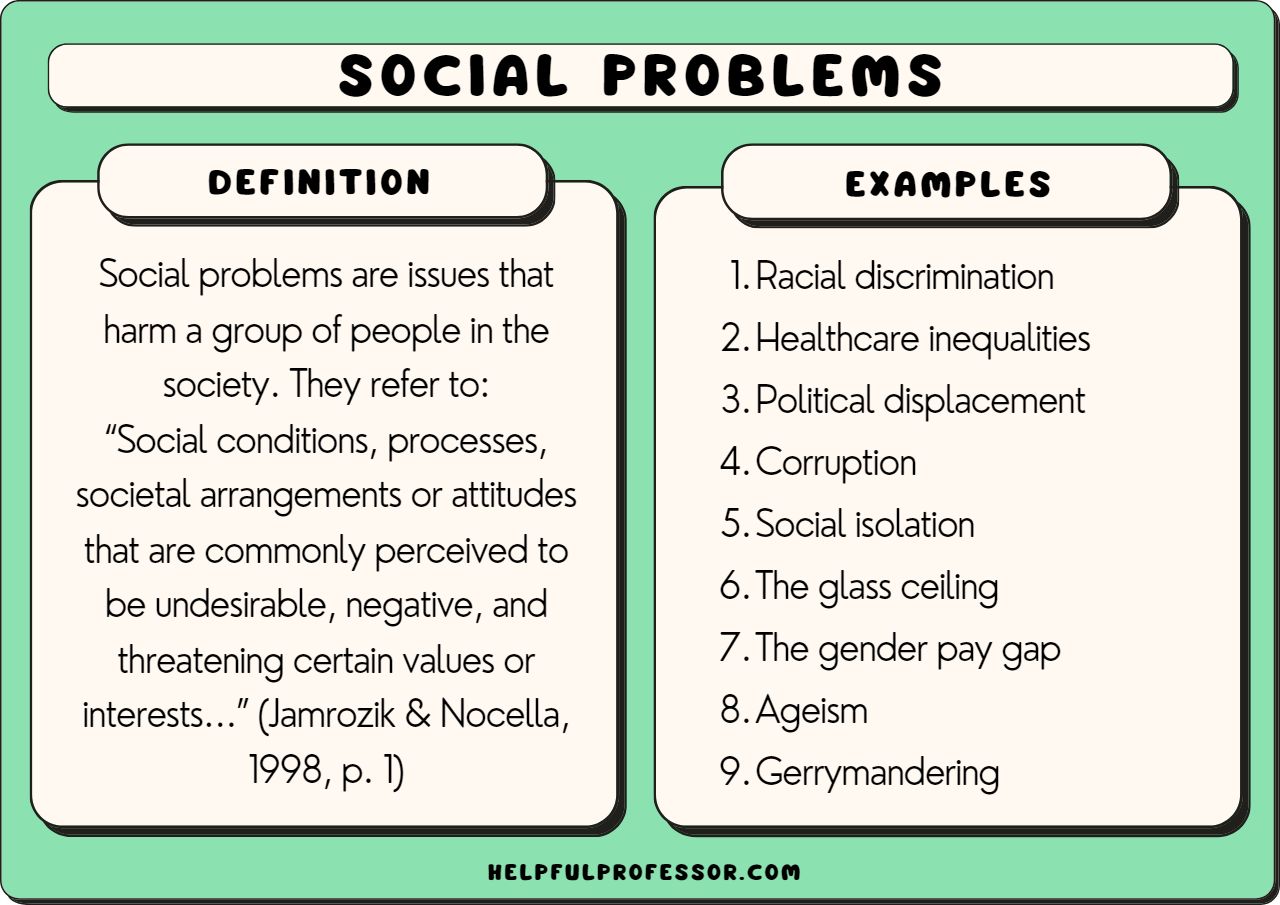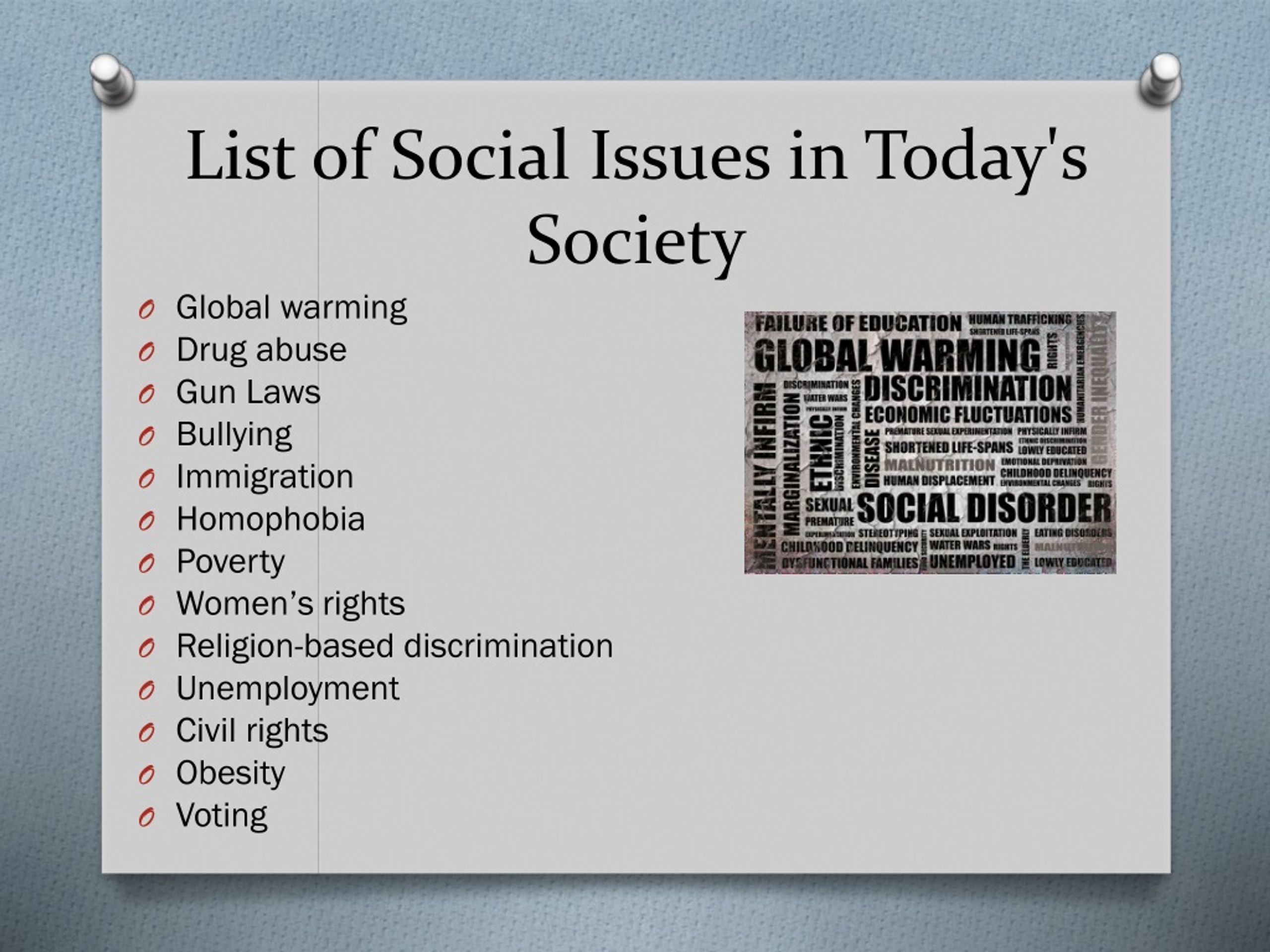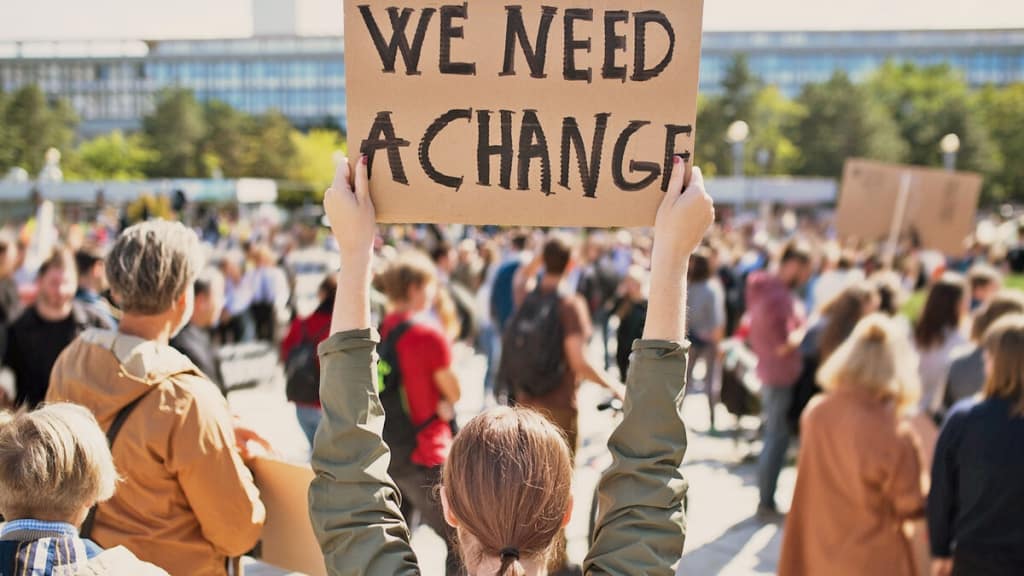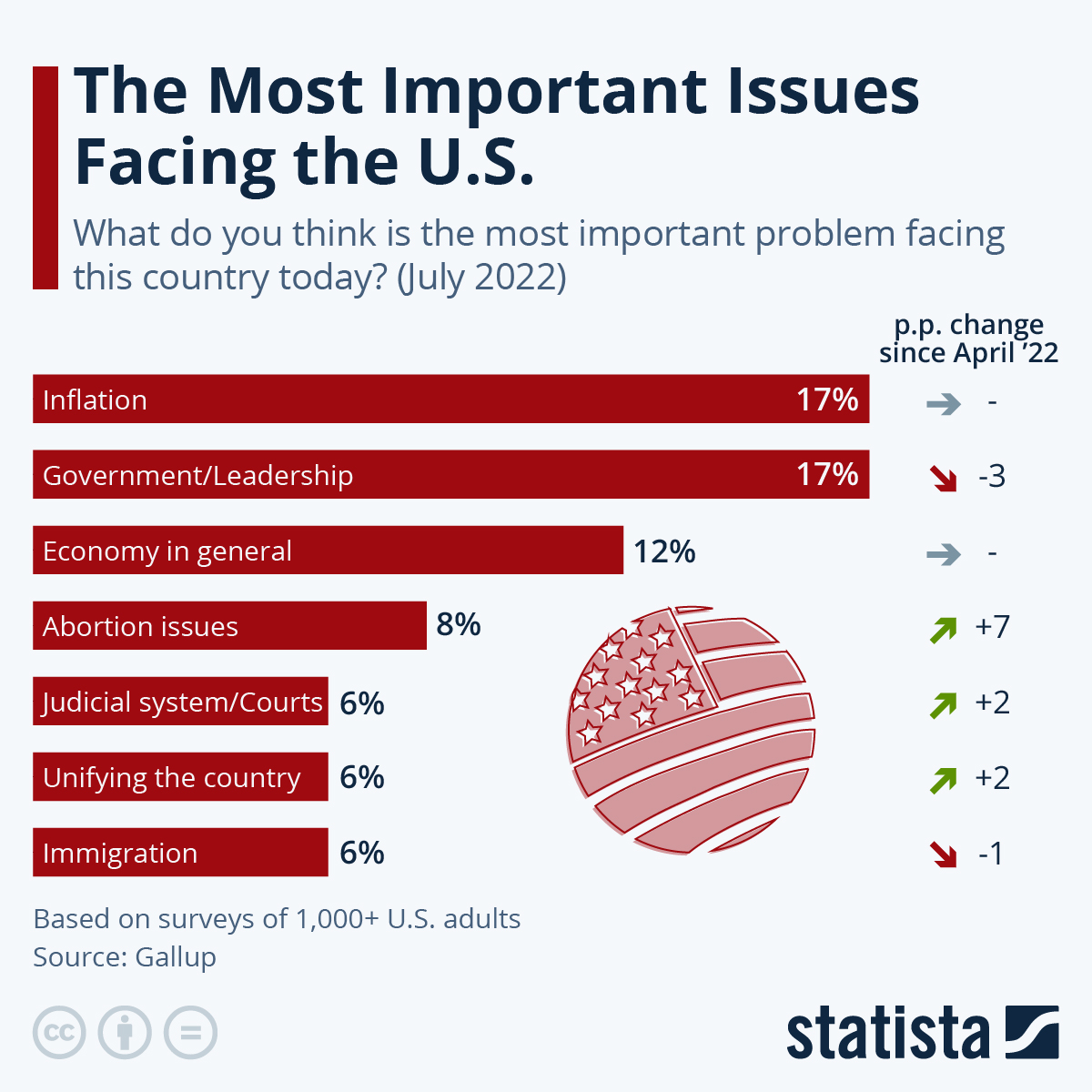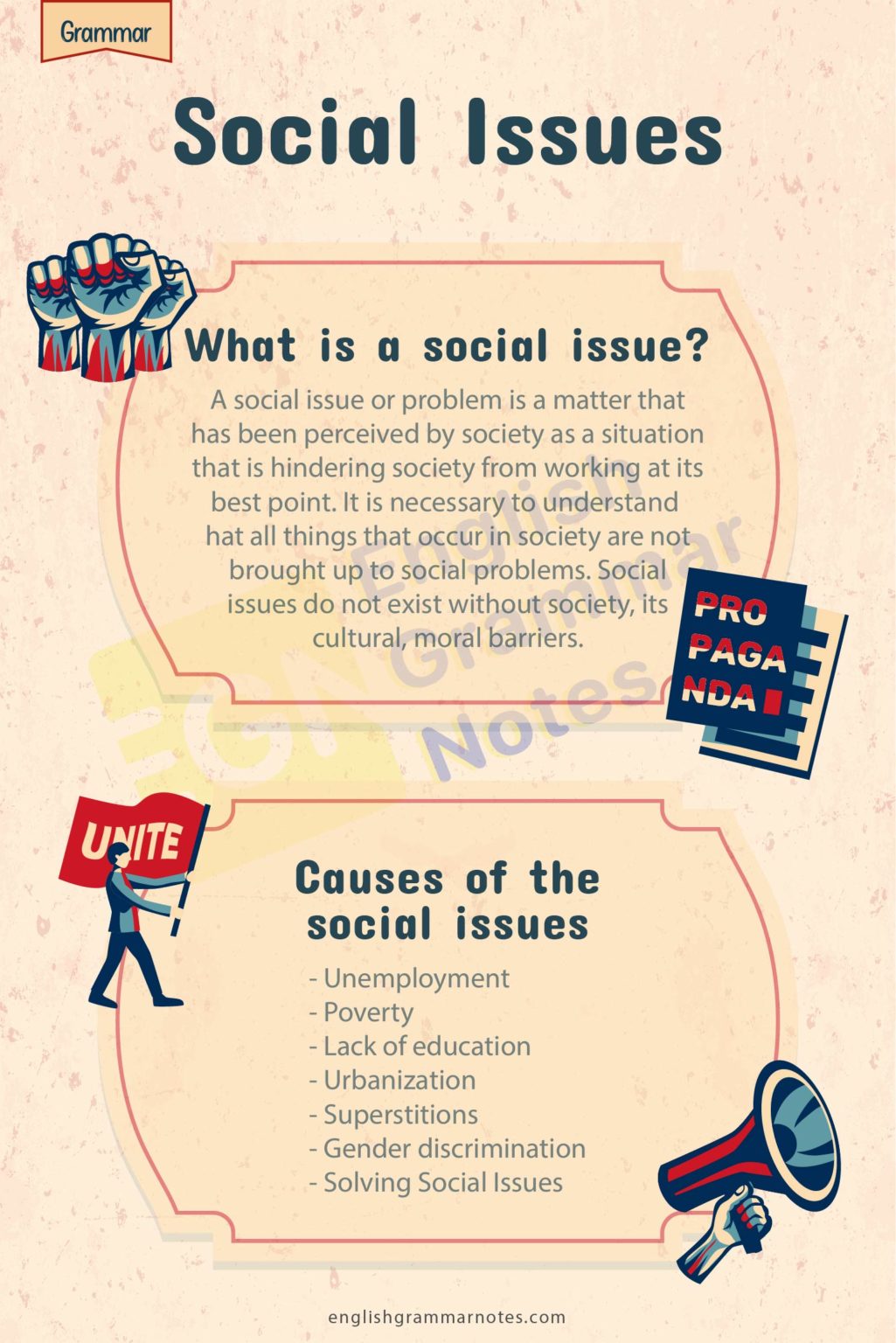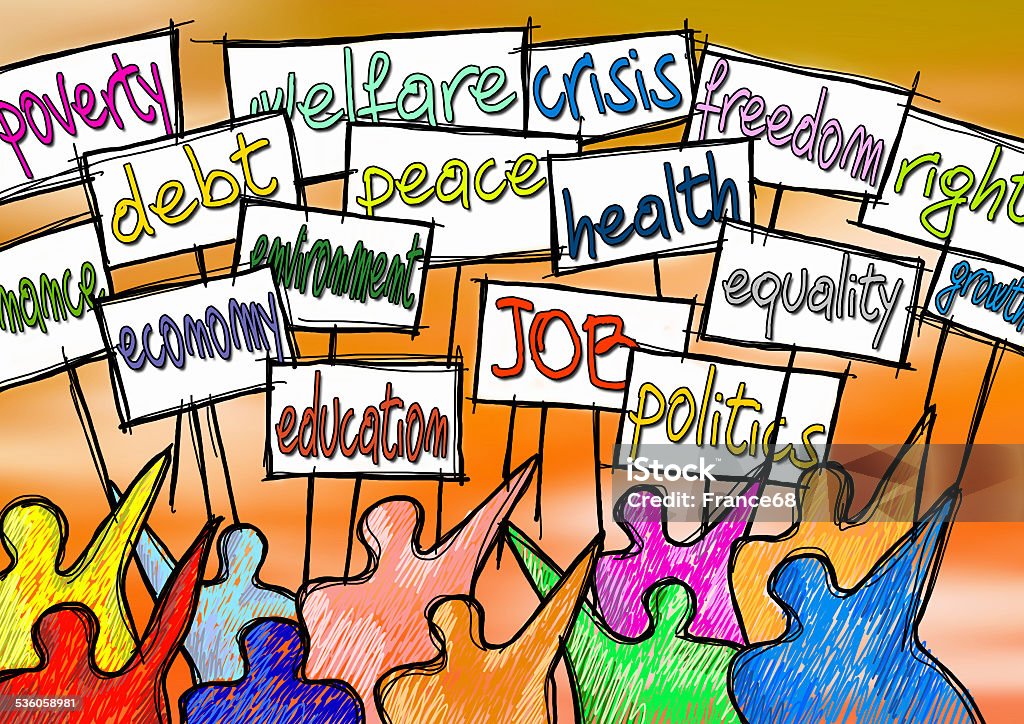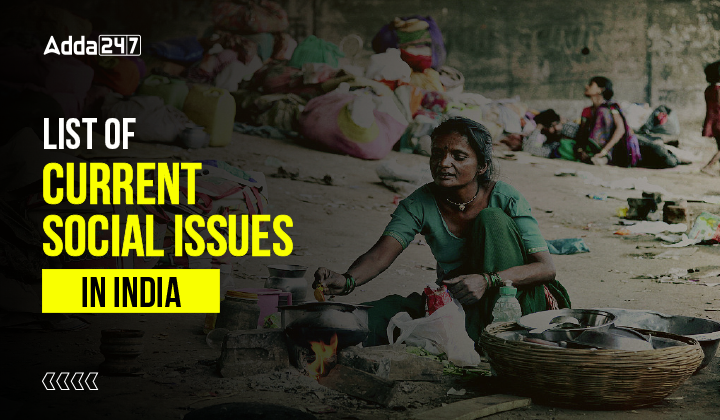Issues That Are Important To Society
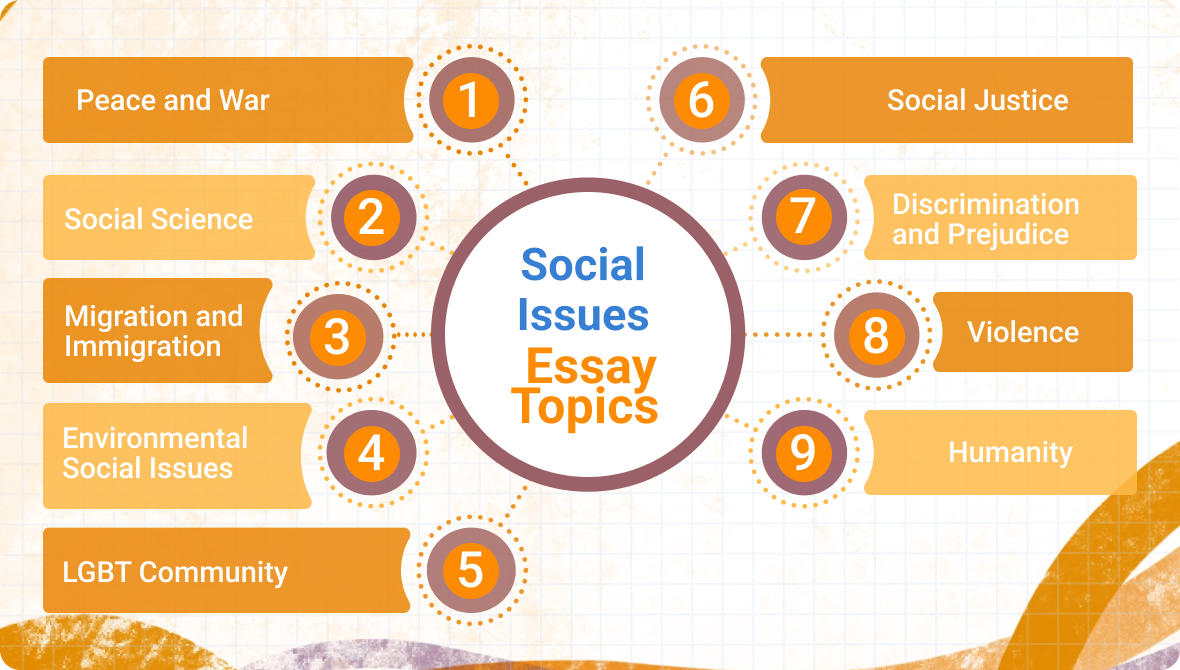
Imagine a world where every child has access to quality education, where clean water flows freely, and where communities thrive in harmony with nature. While this vision might seem utopian, it reflects the core aspirations of societies worldwide. From bustling urban centers to quiet rural villages, certain issues resonate deeply, shaping our present and dictating the future we strive to build.
At the heart of these societal concerns lies a shared desire for a better life – a life marked by opportunity, sustainability, and justice. Understanding these critical issues is crucial for fostering informed dialogue and driving collective action towards meaningful change.
Education: Laying the Foundation for Progress
Education stands as a cornerstone of societal progress. It empowers individuals, fuels innovation, and fosters critical thinking. Access to quality education, however, remains unevenly distributed across the globe.
According to UNESCO, millions of children, particularly in developing countries, are still denied this fundamental right. This disparity perpetuates cycles of poverty and limits societal potential. Investing in education, therefore, is not merely a moral imperative; it is a strategic investment in a brighter future.
The Role of Technology in Education
The rise of technology offers exciting possibilities for transforming education. Online learning platforms, interactive tools, and digital resources can enhance the learning experience and reach underserved communities.
However, bridging the digital divide and ensuring equitable access to technology remain critical challenges.
Environmental Sustainability: Protecting Our Planet
The health of our planet is intrinsically linked to the well-being of societies. Climate change, deforestation, and pollution pose significant threats to ecosystems, economies, and human health.
Addressing these environmental challenges requires a multi-faceted approach, encompassing individual responsibility, corporate accountability, and government policies. The Intergovernmental Panel on Climate Change (IPCC) emphasizes the urgency of reducing greenhouse gas emissions and transitioning to a sustainable energy future.
Renewable Energy: A Path Towards a Greener Future
The transition to renewable energy sources, such as solar, wind, and hydro power, is essential for mitigating climate change. These clean energy alternatives offer a sustainable path towards a low-carbon economy.
Investing in renewable energy infrastructure and promoting energy efficiency are crucial steps in this transition.
Healthcare: Ensuring Well-being for All
Access to quality healthcare is a fundamental human right. Yet, millions around the world lack access to basic medical services, preventative care, and essential medicines.
The World Health Organization (WHO) advocates for universal healthcare coverage, ensuring that all individuals have access to the healthcare they need, when they need it, without facing financial hardship.
Addressing Healthcare Disparities
Healthcare disparities persist along socioeconomic, racial, and geographic lines. Addressing these inequities requires targeted interventions and a commitment to social justice.
Telemedicine and mobile health technologies offer promising solutions for reaching underserved populations.
Social Justice: Promoting Equality and Inclusion
Social justice encompasses a wide range of issues, including equality, diversity, and human rights. It aims to create a society where all individuals are treated with dignity and respect, regardless of their background or identity.
Combating discrimination, promoting inclusive policies, and amplifying marginalized voices are essential for building a just and equitable society.
The Power of Collective Action
Addressing social justice issues requires collective action and a willingness to challenge systemic inequalities. Grassroots movements, advocacy groups, and social enterprises play a vital role in driving change.
By working together, we can create a more just and equitable world for all.
These issues – education, environmental sustainability, healthcare, and social justice – are interconnected and interdependent. Progress in one area can have positive ripple effects on others. While the challenges are significant, they are not insurmountable. By fostering collaboration, embracing innovation, and remaining committed to our shared values, we can create a brighter future for generations to come.

